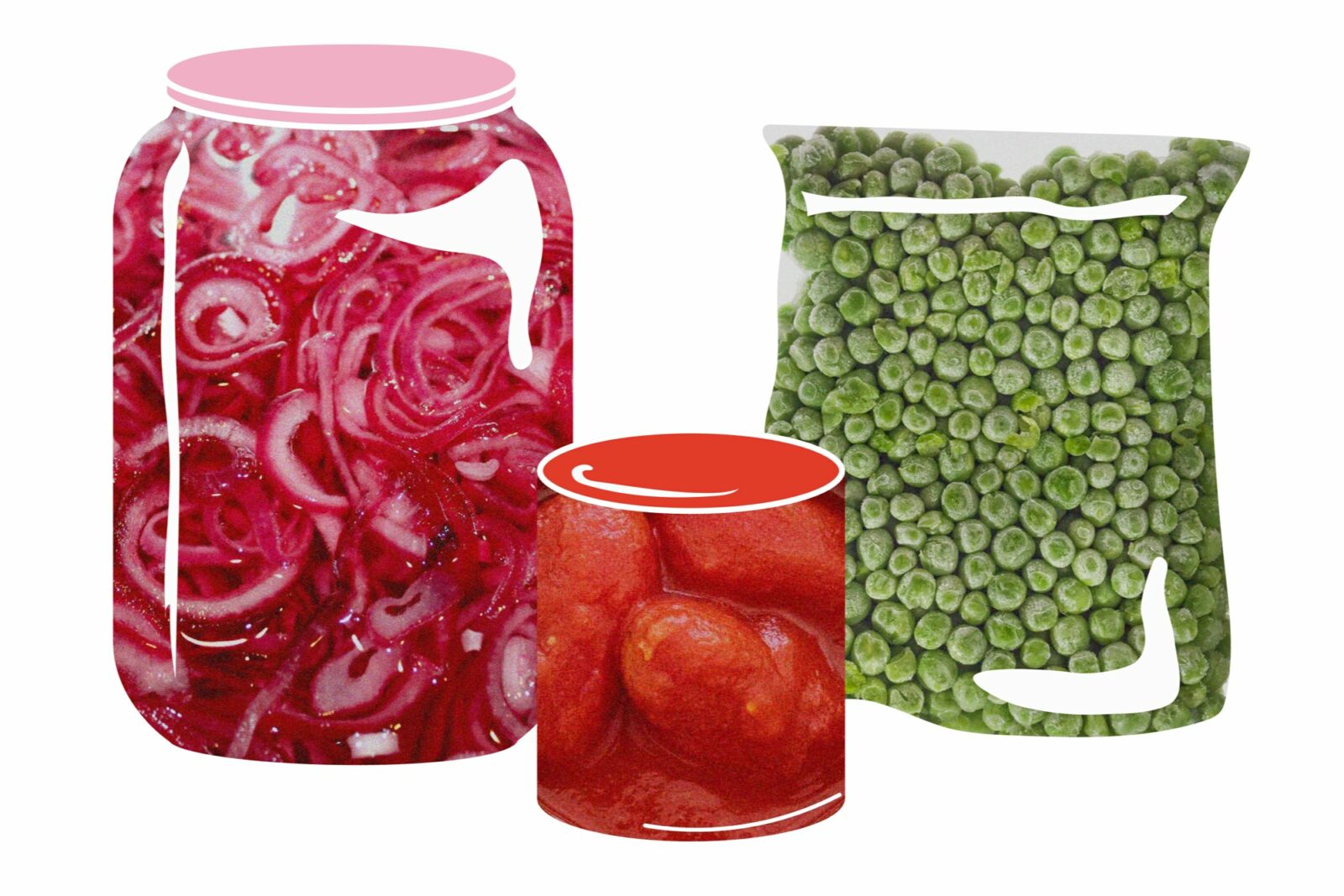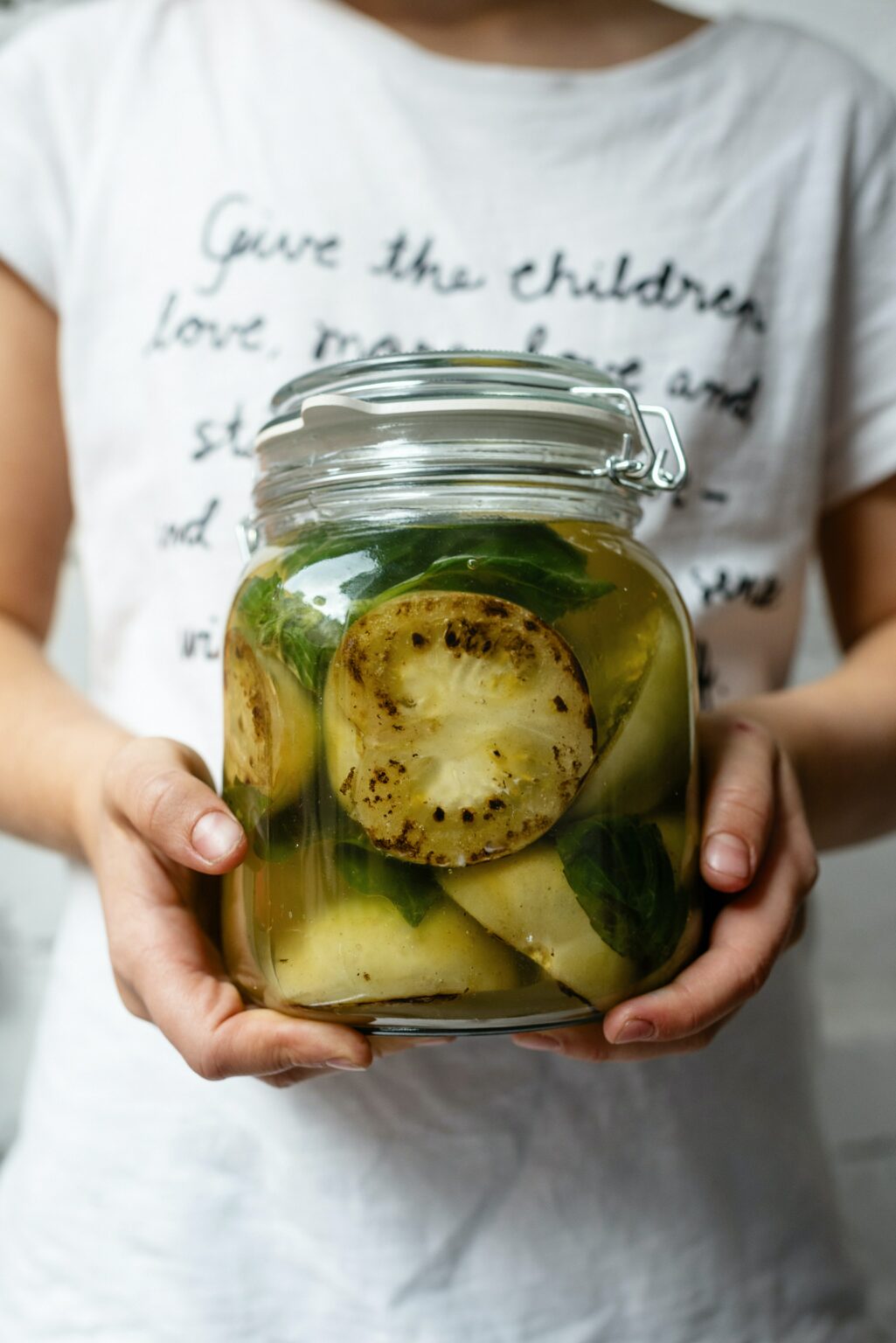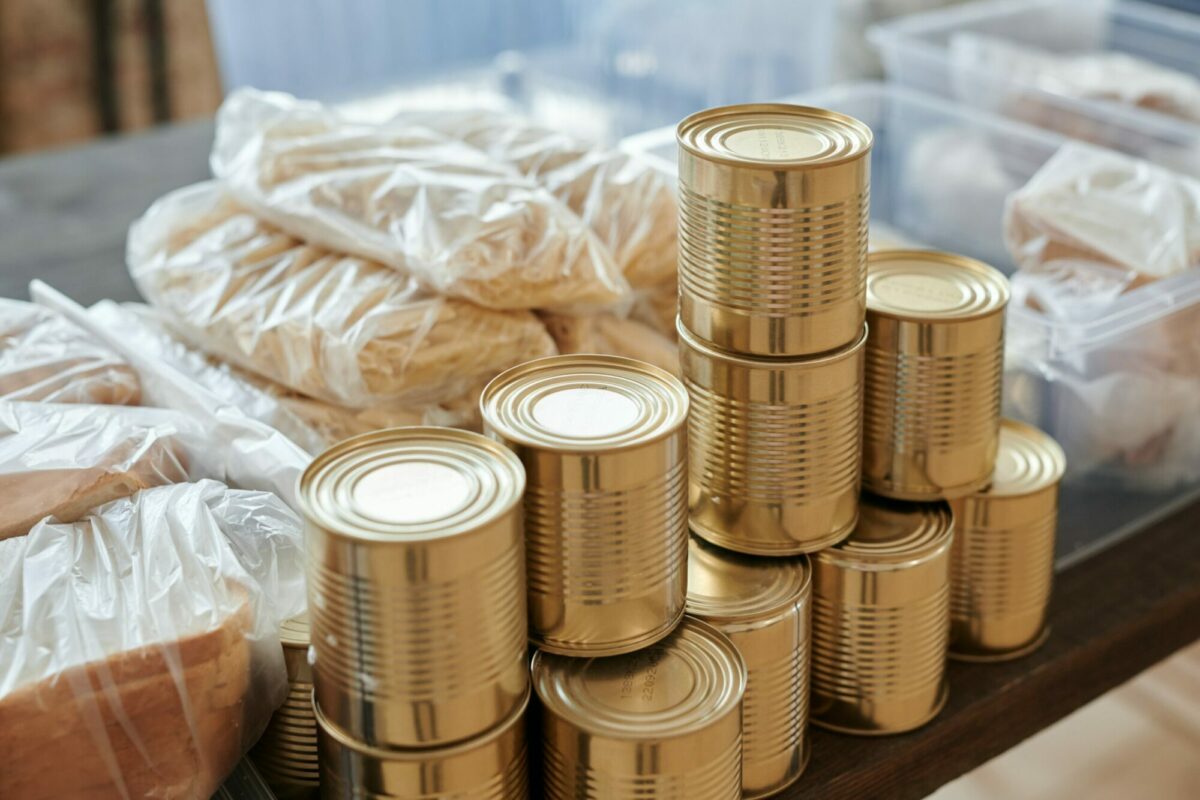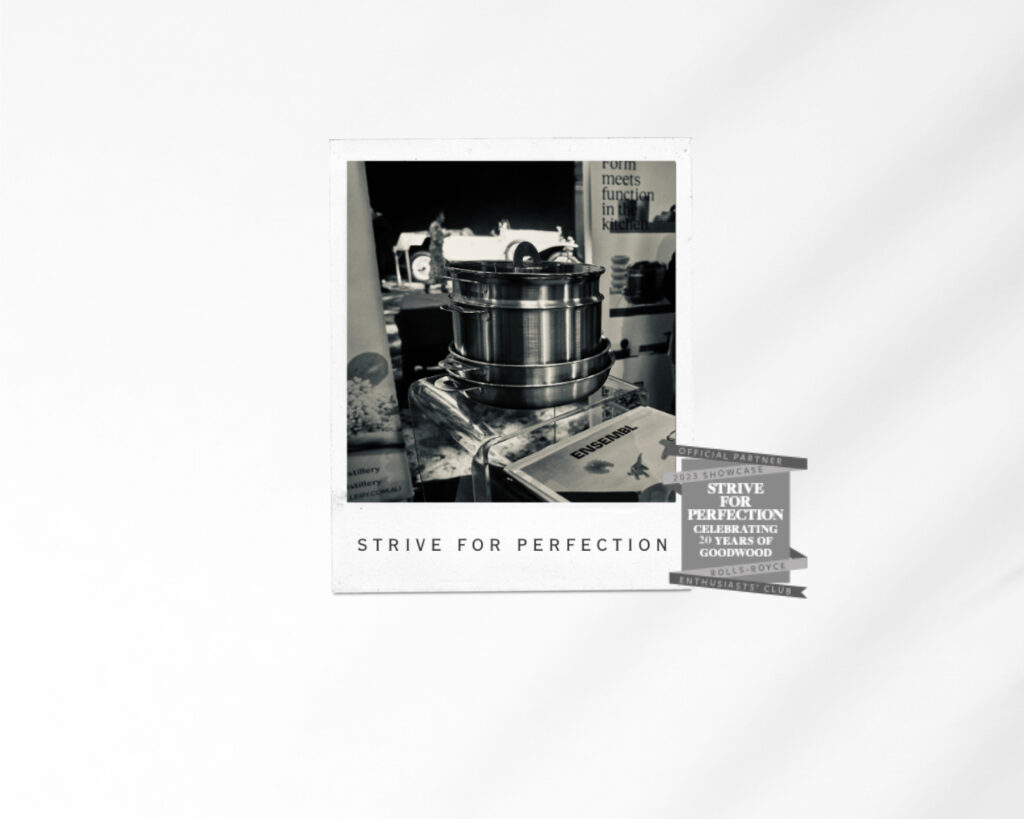In Praise of Preserved Foods
Dispelling the myth that preserved foods are inferior - when in fact they just may be the best option, for you and the planet, during winter months.

Our culture is obsessed with the idea that fresh food = healthy food. In doing so, we create a false dichotomy between health and planet-friendly eating, and overlook some of our greatest (and most nutritious) treasures: preserved foods. This notion is prominent in regions that don’t have year-round growing seasons – where entire populations rely on imported fresh produce during the winter months.
For too long, frozen, canned, and pickled foods have suffered under the stigma of the word “preserved.” It brings to mind images of vacuum-sealed packages or tasteless frozen dinner plates – which we now know are often tampered with to the point of nutritional destitution. However, traditional methods of preservation are nothing like the industrial kind and often amplify the nutritional benefits of fresh food. While traditional preservation methods have fallen victim to the misconception that they are simply stand-ins for their fresh counterparts, nothing could be further from the truth.
Fermentation
Whether they’re supporting the human microbiome, spicing up a dish, or adding air to previously dense foods, the process of fermentation comes pretty close to magic. A pickled onion or well-spiced kimchi injects new layers of complexity and intrigue to a meal that a raw cabbage or onion could never dream of. Spicy, tangy, umami, sweet. The best attributes of fresh food are captured and turned up to a hundred during fermentation.
As the food writer Michael Pollan wrote in Cooked: A Natural History of Transformation, “to ferment … is to lodge a small but eloquent protest … against the homogenization of flavors and food experiences now rolling like a great, undifferentiated lawn across the globe.
Freezing
The frozen produce section is another great place to find delicious foods during their off-season. We’re often slow to think about the potential of frozen vegetables because of our “fresh is best” dogma. However, frozen produce can actually be more nutritious (and flavorful) than fresh produce because it’s flash-frozen at peak ripeness, instead of picked days (and sometimes weeks) before its arrival in the grocery store.
Canned
Then there are the classics. Simple and unassuming, canned foods offer an excellent way to access food in their off-season. Full of more flavor and ripeness than their fresh, imported counterparts, canned tomatoes are prime choices for sauces and often deliver better results. The lesson here is that some of the best foods come in cans, whether it’s sweet peaches, hearty beans, or caviar.
Eating well in the winter doesn’t have to compromise quality or the environment.


Preparing and enjoying food in winter is a practice that invites us to slow down and make what we have last.
At ENSEMBL, we’ve taken this in as a cooking practice and an ethos. If you have a craving for a crisp bite of romaine lettuce, by all means, pick up a fresh head! But, when it comes to everyday cooking, it’s worth reframing the way we look at the neglected delicacies on our shelves, pantries, and freezers.
More Stories
-
 17.11.2025 | News
Black Friday Sale - 45% off everything *including Stackware*
17.11.2025 | News
Black Friday Sale - 45% off everything *including Stackware*
Our biggest (and only) sale of the year is here. Over $460++ off cookware. 45% off everything.*
-
 05.11.2023 | News
Celebrating with Rolls-Royce
05.11.2023 | News
Celebrating with Rolls-Royce
Bringing design, innovation, sustainability, performance, luxury, and craftsmanship together.
-
 01.11.2023 | News
Utility Patent Granted
01.11.2023 | News
Utility Patent Granted
The ENSEMBL: Stackware Removable Handle has received a utility patent.
Free shipping on all North American orders.